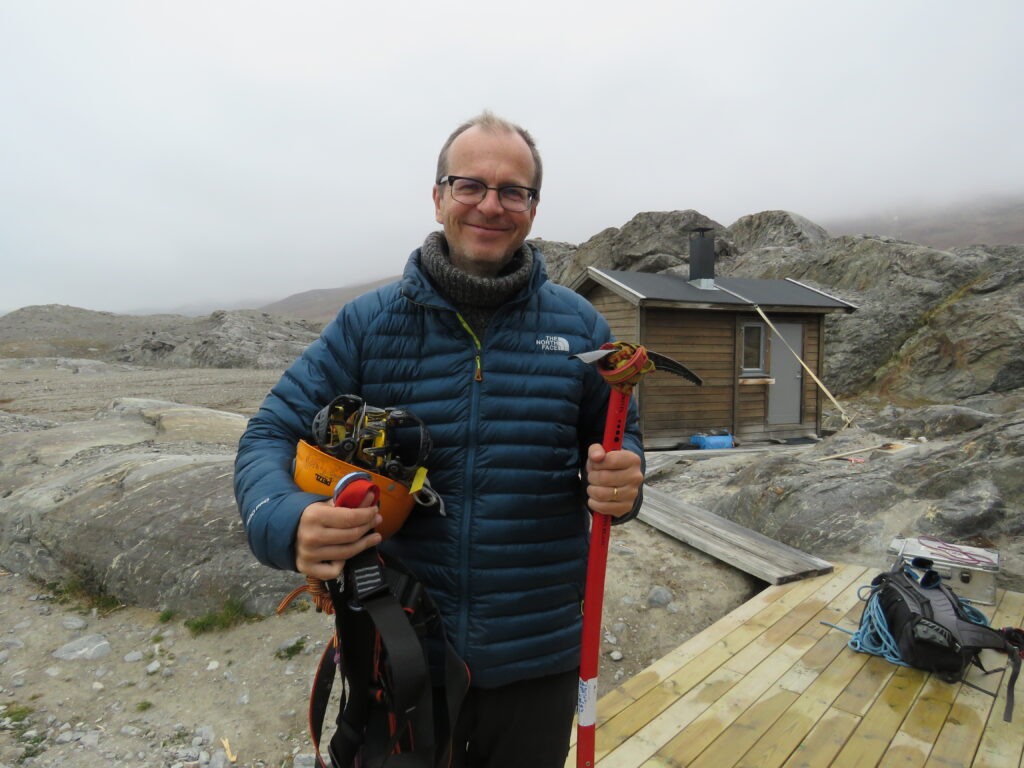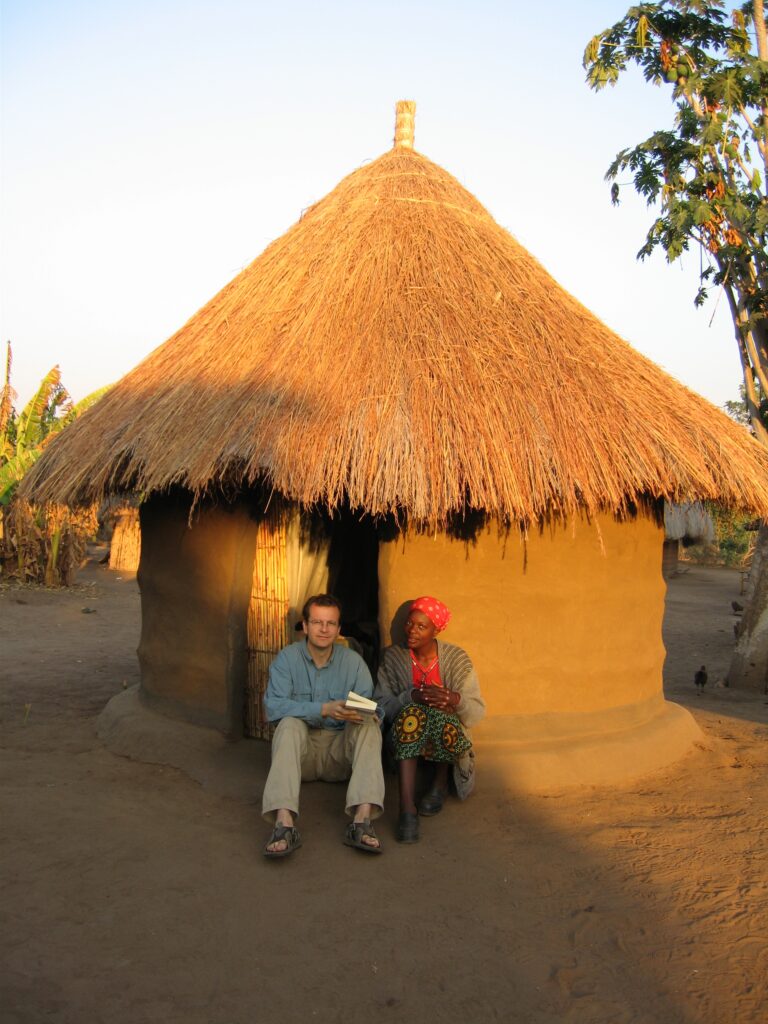Responses are from Justin Francis, co-founder and CEO of Responsible Travel.
So, what inspired you to start up Responsible Travel?
I began my career in advertising, selling sugary cereals and tobacco, and it never sat right with me. I admired the vision of The Body Shop’s founder, Anita Roddick, and started work there. She became a mentor and later, in 2001, a seed investor when I co-founded Responsible Travel.
Too often, tourism lays waste to nature and local communities. It doesn’t have to. When it works for local people and respects nature, not only can it be a significant tool for good, but you gain a richer, more authentic experience.
My experience in business taught me that nothing’s copied faster than a good example. That was always my ambition for Responsible Travel – to build a new category of travel that others would want to replicate.
What exactly is responsible tourism?
Responsible tourism was born out of the ecotourism movement. While we’d been taught to ‘leave only footprints’ on holiday, responsible tourism looks to reduce harm and maximise the benefits of travel for both local people and the planet. It does more than leave no trace, it’s about positively impacting destinations – creating better places to live in and visit.

You don’t support carbon offsetting – why is that?
Voluntary carbon offsets encourage us to fly more by suggesting our emissions are being cancelled out. That isn’t true, and it is growth we can’t afford. When we fly, emissions begin heating immediately, they accumulate and can remain in the atmosphere for hundreds of years. Offsets don’t undo that. We can’t ‘offset’ our way out of the climate crisis.
Language matters. We need to be honest with travellers about the impact of their trips so they can make informed choices.
Are offsets better than nothing?
Please do support an effective nature-positive initiative – we all need to do more of that. But in addition to, not in place of, real carbon reductions now. And that means flying less.
Obviously cost and time are important factors for most of us. But where possible, consider other options to flying. Perhaps take fewer holidays that involve flights – and instead, enjoy an extended trip. Or opt for a slow travel experience by rail or sea and make the journey part of the adventure. Keep short trips close to home and flight-free.
If you do have to fly, make that trip count for local communities and nature by keeping your money local and perhaps taking a responsible wildlife trip or donating to a great conservation initiative.
You can also lower your carbon impacts while flying. Opt for direct routes and newer carbon fibre aircraft like the 787 and A350. And remember, the lighter the load, the less polluting – so pack light and fly economy.
“Language matters. We need to be honest with travellers about the impact of their trips so they can make informed choices”
As well as flying less, how else can we reduce our holiday carbon?
Consider alternatives to internal flights, private cars or tour buses in destinations. Find a local-guided tour by foot, bike, or kayak. And use public transport – it’s often quick and cheap, and a good way to get better acquainted with a place.
Besides flying less, the best thing we can do to cut holiday carbon is opt for more plant-based, seasonal, and local produce and limit food waste.
And do as you’d do at home – try to stay in renewables-powered accommodation, be conscious of your water and air-con use, bring a tote bag, reusable water bottle, and avoid disposables.

How can we best support local communities when we travel?
As travellers, we’re guests in someone else’s home – be conscious of your impact.
In some destinations, short term holiday lets like Airbnb are pricing people out of their homes and decimating whole communities. That’s a hefty price for tourist convenience. Consider staying in a local-owned B&B instead. Or get some great insights into local life with a homestay. Going off-season, too, can lighten the burden of over-tourism in popular beauty spots – which you’ll get to enjoy without the crowds.
Do everything you can to keep your money local. Ideally book with a responsible tourism operator – they can arrange great local activities, guides and accommodation, and show you the best local-owned restaurants.
How else can we travel more responsibly?
Carbon’s only half the problem. We can’t tackle the climate crisis without restoring nature – it’s our life support system and it sequesters 50% of man-made carbon emissions every year. Nature positive tourism can play a significant role in supporting and restoring biodiversity. Booking a responsible wildlife holiday or visiting a conservation project supports existing protected areas, while many are active in new rewilding projects. We can also do our bit by cutting our consumption of seven key products that destroy forests and wildlife: beef and leather, soy, timber, rubber, palm oil, cocoa, pulp, and paper.
And finally, if you’re a fan of large cruise liners, consider switching to a small ship or micro cruise instead. Not only are ‘floating cities’ bad for the environment, but they also swamp fragile destinations while contributing very little to them. Small ships are often crewed by local people and can reach the hidden gems that the big ships can’t.

